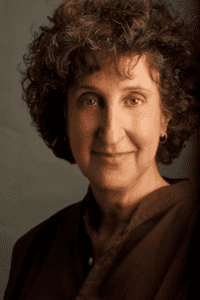Author of the Month: Cynthia Holz

Diaspora Dialogues
July 2, 2013

Tell us about yourself.
I began writing poetry at an early age and dreamed of becoming a writer, though I had no idea how to go about it. I grew up in New York City, the daughter of European Jewish immigrants, and came to Toronto in my mid-twenties to work as a journalist. Eventually I married a Newfoundlander, had a son, and started writing short stories. My first collection, Home Again, was published in 1989, which led to a job teaching creative writing at Ryerson. Soon after that, I switched to writing novels and have published five over the years, most recently Benevolence.
When did you realize you had a passion for writing?
At seven, I was a lonely, introspective child. My second grade teacher at P.S. 6 in the Bronx encouraged me to write poems and recite poetry to her during lunch hours and after school. With her guidance I discovered the joy of euphonious words and a literary world I longed to be a part of.
What pieces of writing/authors have had the greatest impact on you?
I’ve been influenced by a wide range of American and Canadian fiction, including works by Marilynne Robinson, Flannery O’Connor, Doug Glover, and Alice Munro. Anything evocative and beautifully written that has something to say about the human condition inspires me. Recently, I was impressed by Linda Spalding’s novel The Purchase, Anthony Marra’s A Constellation of Vital Phenomena, and The Unlikely Pilgrimage of Harold Fry by Rachel Joyce.
How and when do you find time to write?
When writing a novel, I go at it every morning, seven days a week—unless life intervenes and turns my plans upside-down, which happens frequently. My routine is to write a few hours before lunch, have a break, review and revise what I’ve written, then move on to other tasks.
What has been some of the biggest challenges you’ve faced as a writer?
It’s always challenging to maintain confidence in my subject matter and writing style in the face of rejection or pressure to write what others think will sell. Astute criticism can really help improve a work-in-progress, but sometimes it’s not easy to find or even recognize.
How have you changed as a writer over the years?
What I write about has changed over time, so that the romantic entanglements that interested me as a young writer don’t really engage me now. Larger questions of purpose, morality, and how to behave in the world are what’s spinning round in my head these days.
